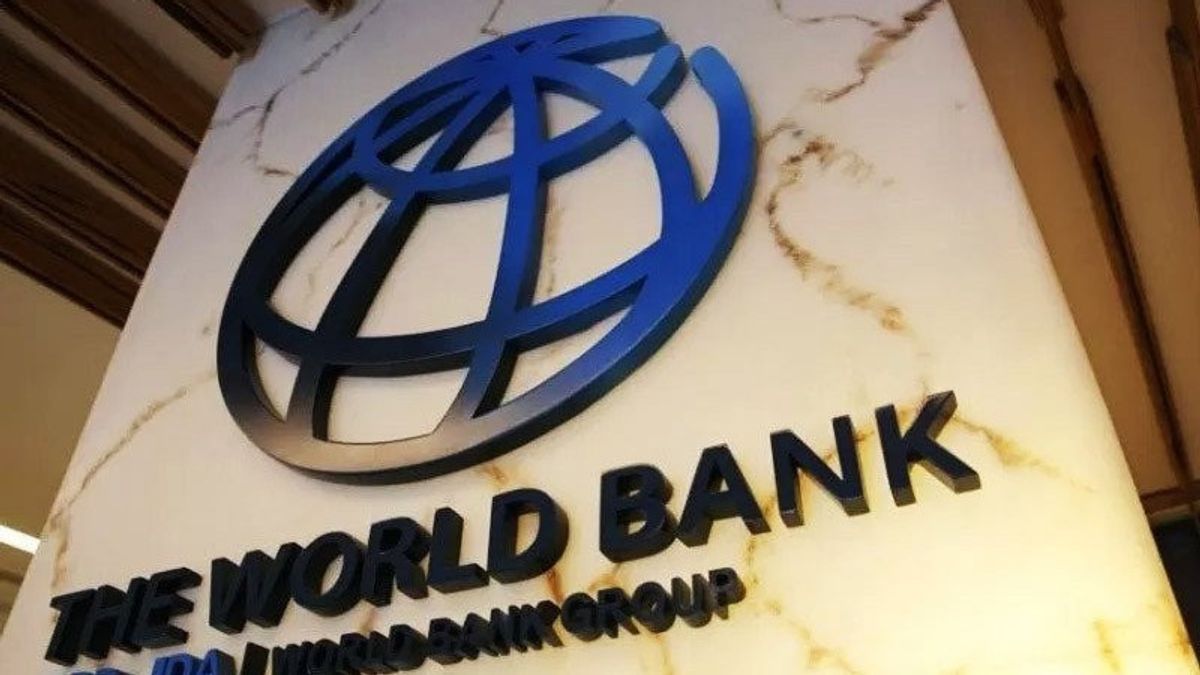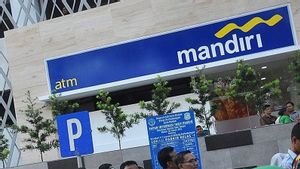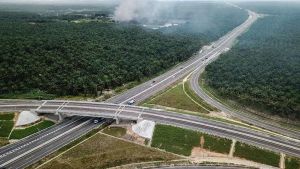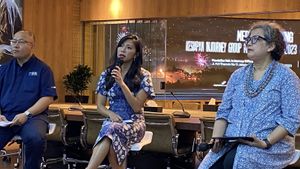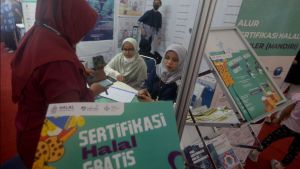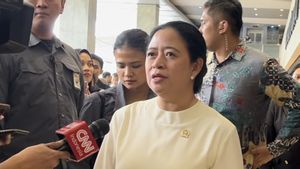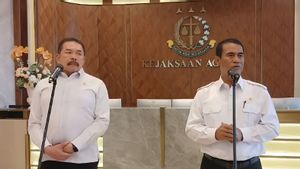JAKARTA - The digital economic sector has become one of the main levers for potential future national economic growth and this digital economic potential must be encouraged by the readiness of qualified national human resources.
The government has also implemented various policies so that the digital economy can become a major contributor in strengthening the national economy to support Indonesia to become a developed country.
Coordinating Minister for Economic Affairs Airlangga Hartarto emphasized that all of this is a series of government policy steps, a unified ecosystem together with the 2025-2035 RPJMN and RPJP which are currently being discussed in parliament.
"Everything is one way, one breath to achieve advanced Indonesia in 2045. Economically, Indonesia will be the 5 largest country in the world. "One of the levers is the digitalization factor," said Airlangga in his official statement, Thursday, December 14.
Furthermore, Airlangga said, the Digital Indonesia Vision needs to be pursued holistically and one of the main things is related to the preparation of human resources or digital talent.
Airlangga emphasized that national digital talent needs must be met independently, so that they are not outsourced from abroad.
To make this happen, the government has initiated various digital programs, including the construction of a Digital Special Economic Zone in Nongsa Batam and a Special Economic Economic Zone for Education in Malang.
"We have to be fast and we can't be left behind, from other countries who like to copy what we already have in Indonesia and are not happy about Indonesia growing into a leading developed country. "We have to work hard," stressed Airlangga.
Supporting this optimism, Airlangga also expressed praise from the World Bank for the national economy and said that Indonesia is the bright spot in the world, being one of the few countries in the world with an economy that is growing resiliently.
Airlangga explained that the growth of the national economy was stable and by all accounts positive.
Optimism is also supported by the World Bank's view regarding the Indonesian economy, which is predicted to be maintained in the range of 4.9 percent to 5 percent by 2026.
"Therefore, Indonesia has become a model emerging country with good growth," said Airlangga.
At the regional level, Airlangga said that ASEAN is the only region that has prepared a comprehensive digital economy.
"At the ASEAN level, during Indonesia's leadership, we prepared the Digital Economy Framework Agreement (DEFA), no other region in the world has prepared a digital economy as comprehensive as ASEAN. "The world has only just known CEPA, the world has only just had FTA, but DEFA is the only one, the first to prepare was ASEAN and ASEAN under Indonesia's leadership," said Airlangga.
Airlangga explained that Indonesia's digital economy is capable of controlling 40 percent of ASEAN's digital economy.
Indonesia's digital payment system has also touched 5 countries in ASEAN and the use of QRIS really helps trade.
SEE ALSO:
In the future, the use of QRIS will continue to be encouraged in many countries so that the value of Indonesia's digital economy can be accelerated further.
Airlangga again emphasized that apart from downstreaming, Indonesia also needs digitalization to optimize its economic potential.
"So, it is hoped that digitalization will have an economic contribution of 20 percent. This requires e-gov, then economic levers, starting from manufacturing to e-commerce and the service industry or in digital we often call it servicification. And if it also contributes 20 percent to the economy, then this will be good," concluded Airlangga.
The English, Chinese, Japanese, Arabic, and French versions are automatically generated by the AI. So there may still be inaccuracies in translating, please always see Indonesian as our main language. (system supported by DigitalSiber.id)
